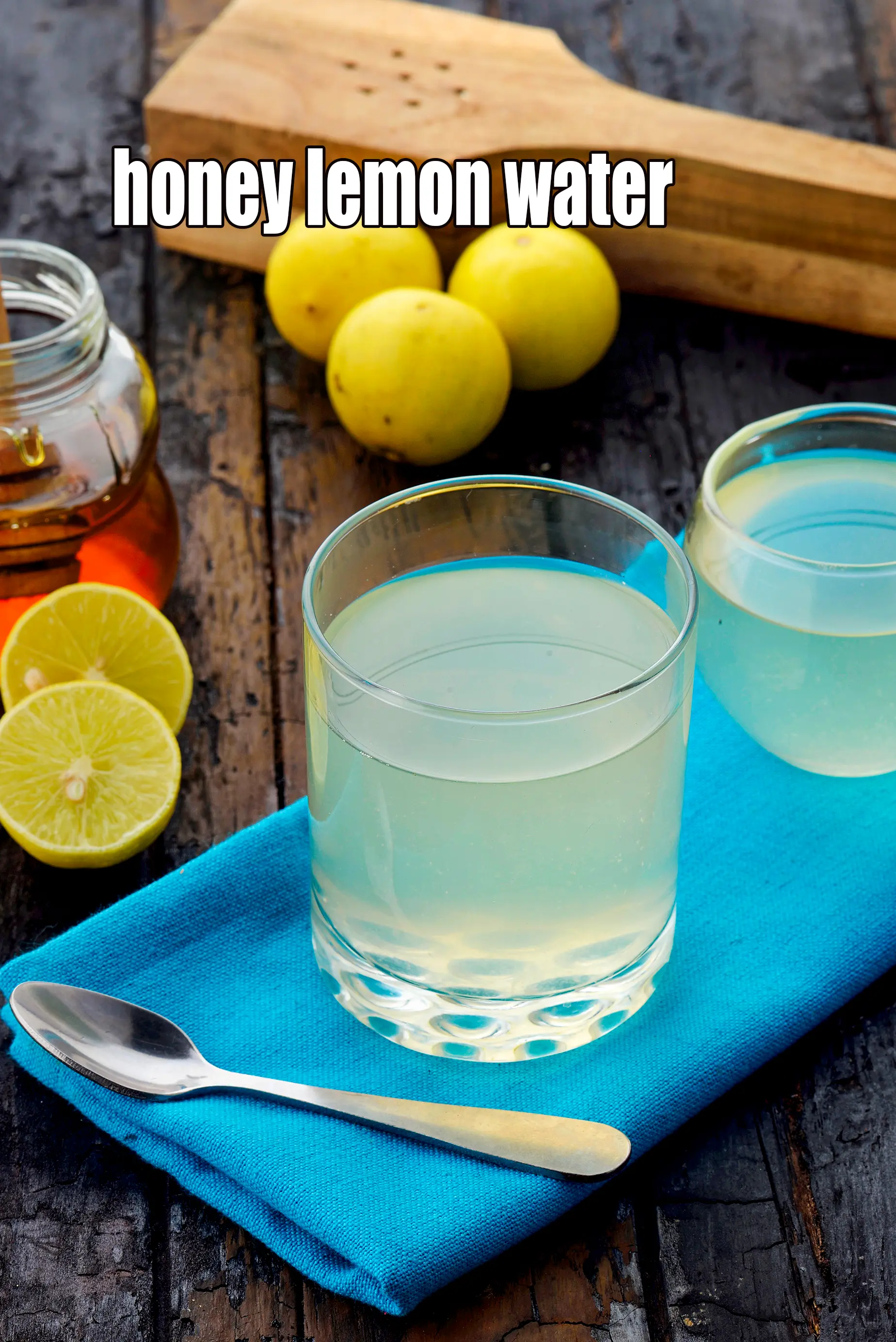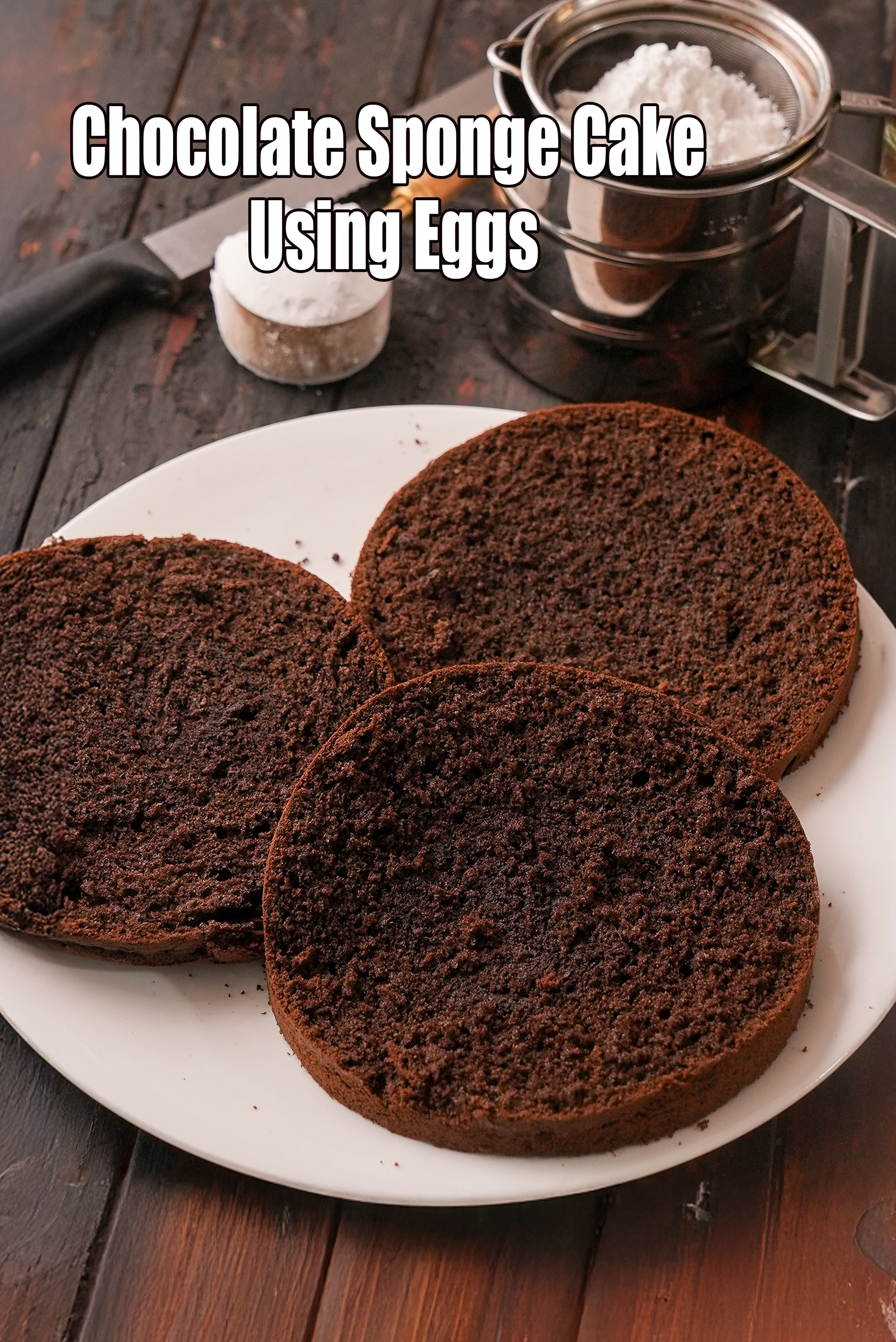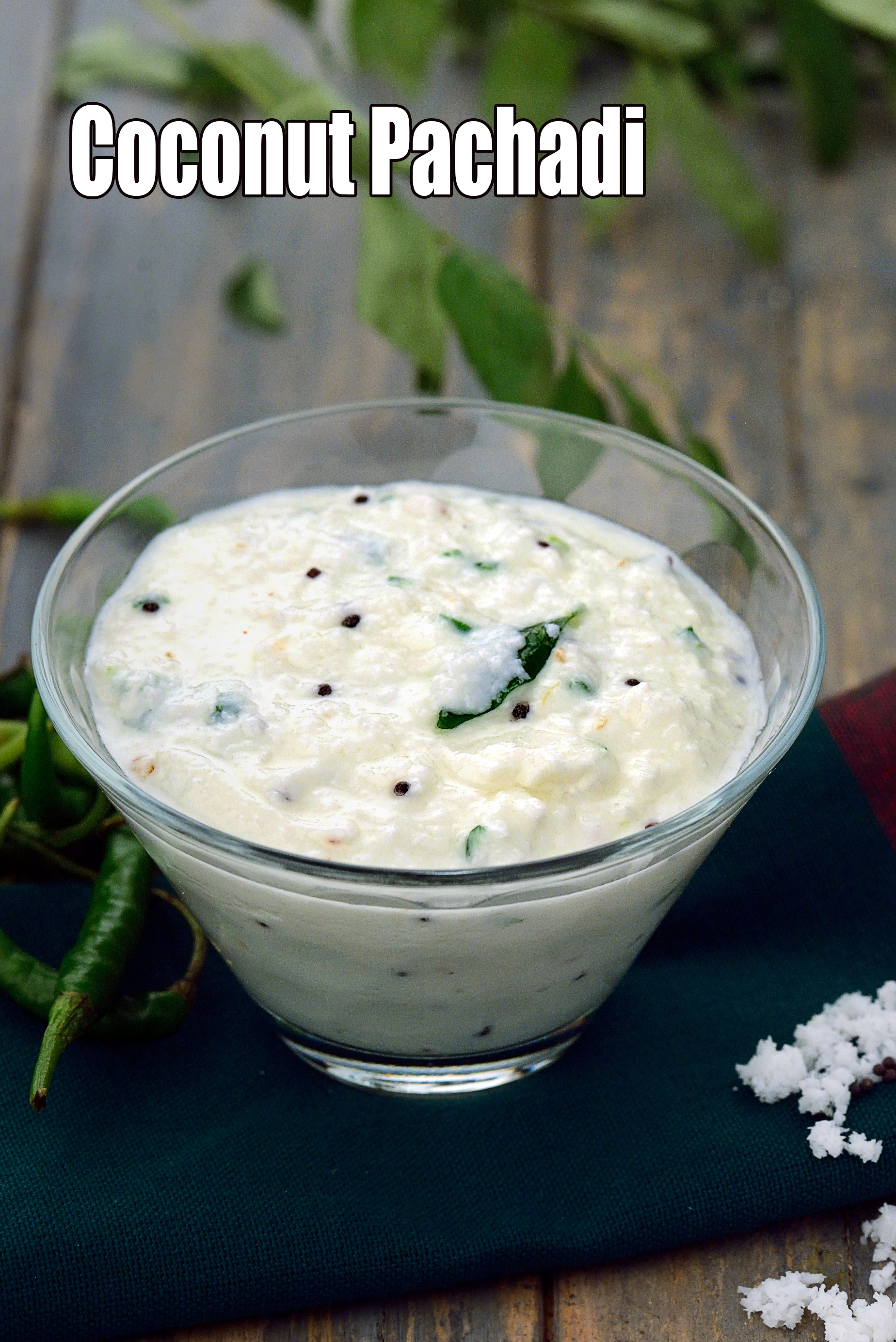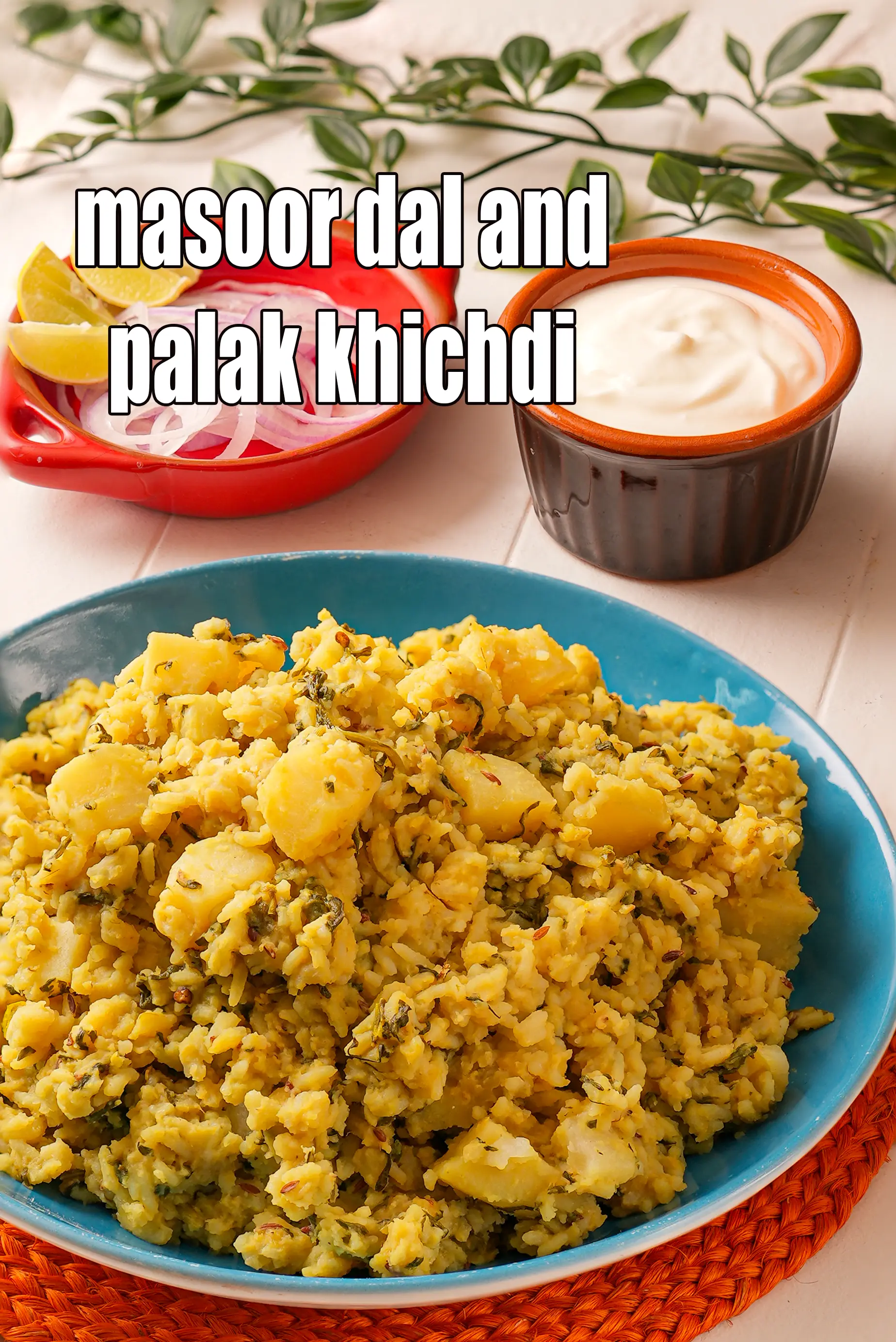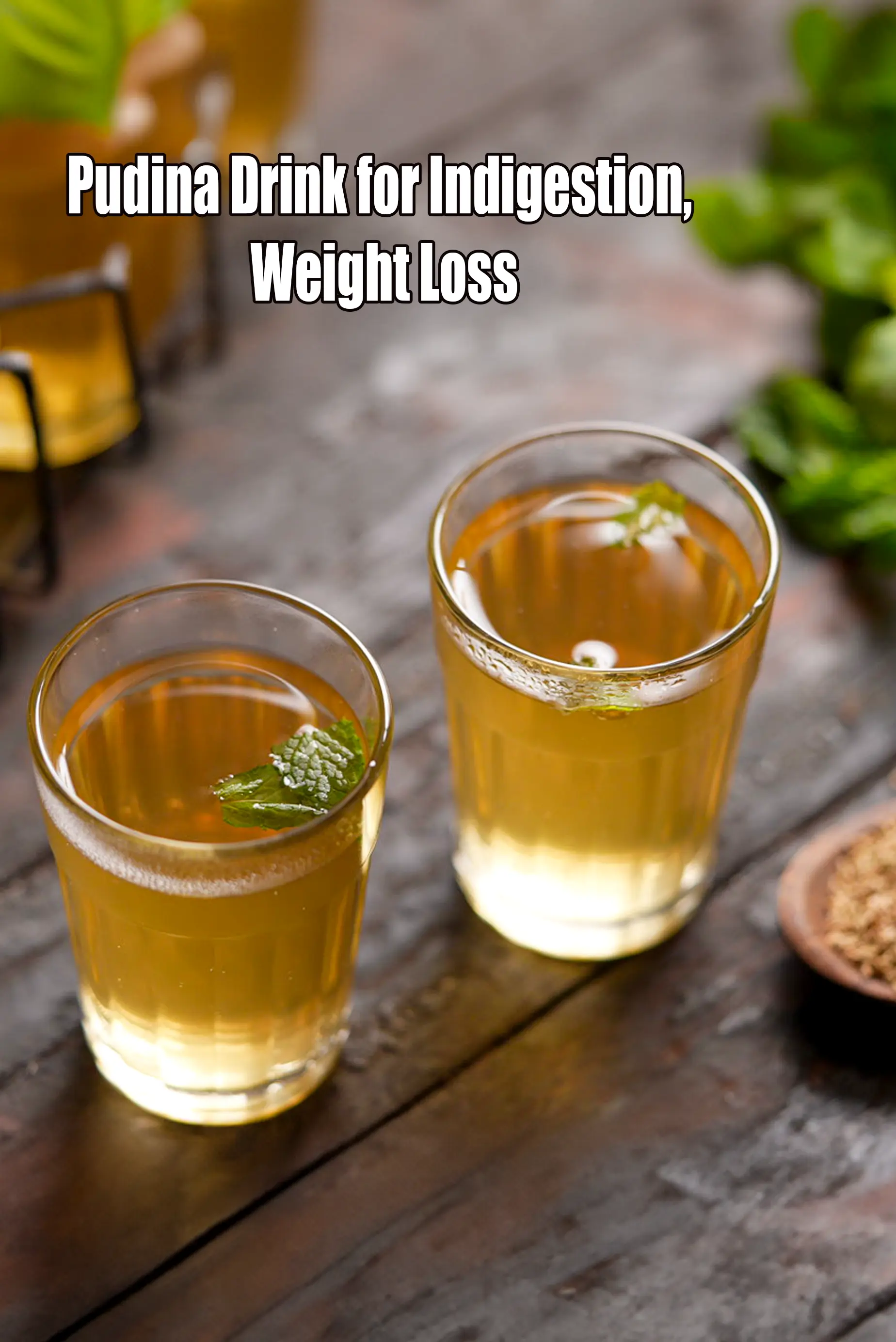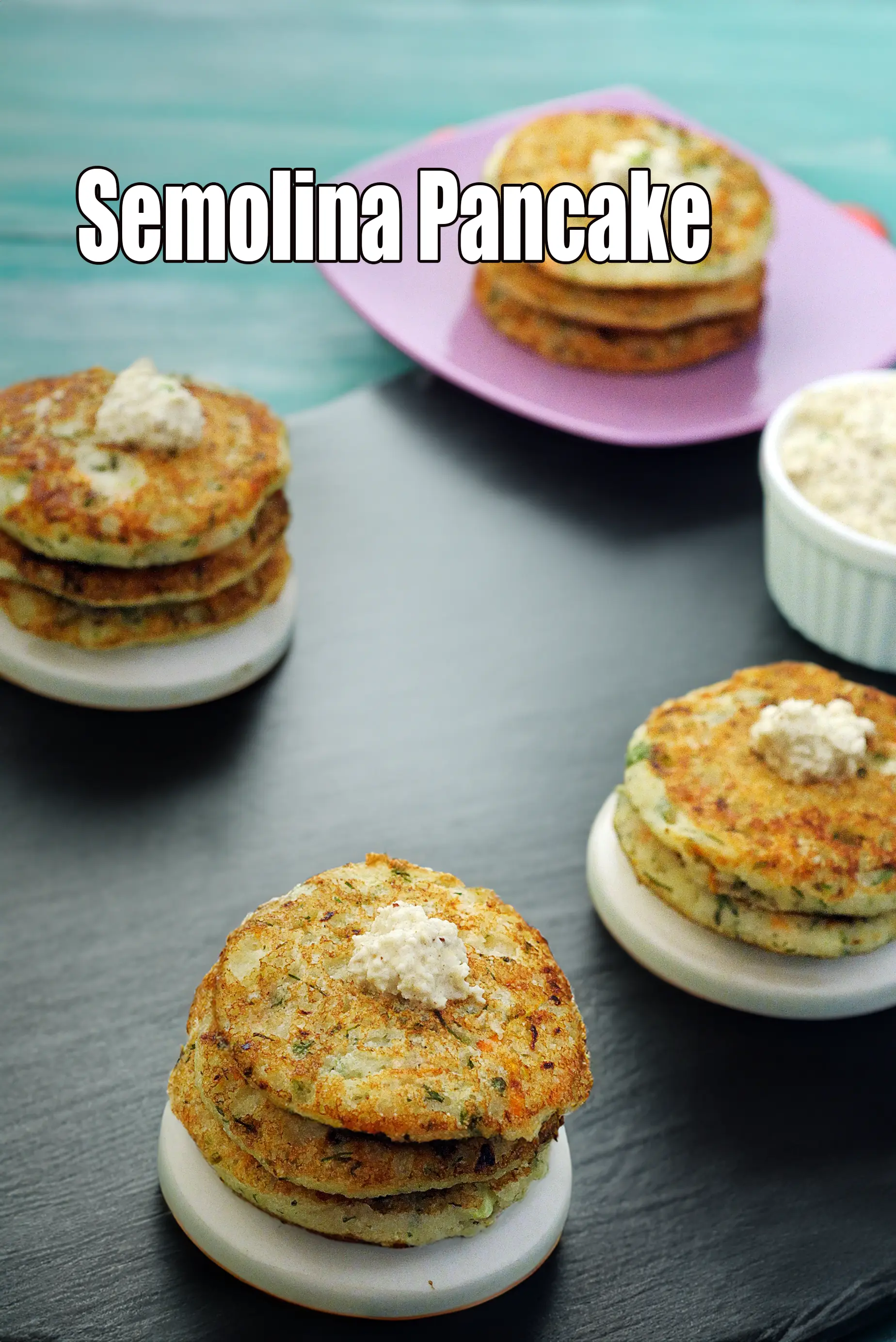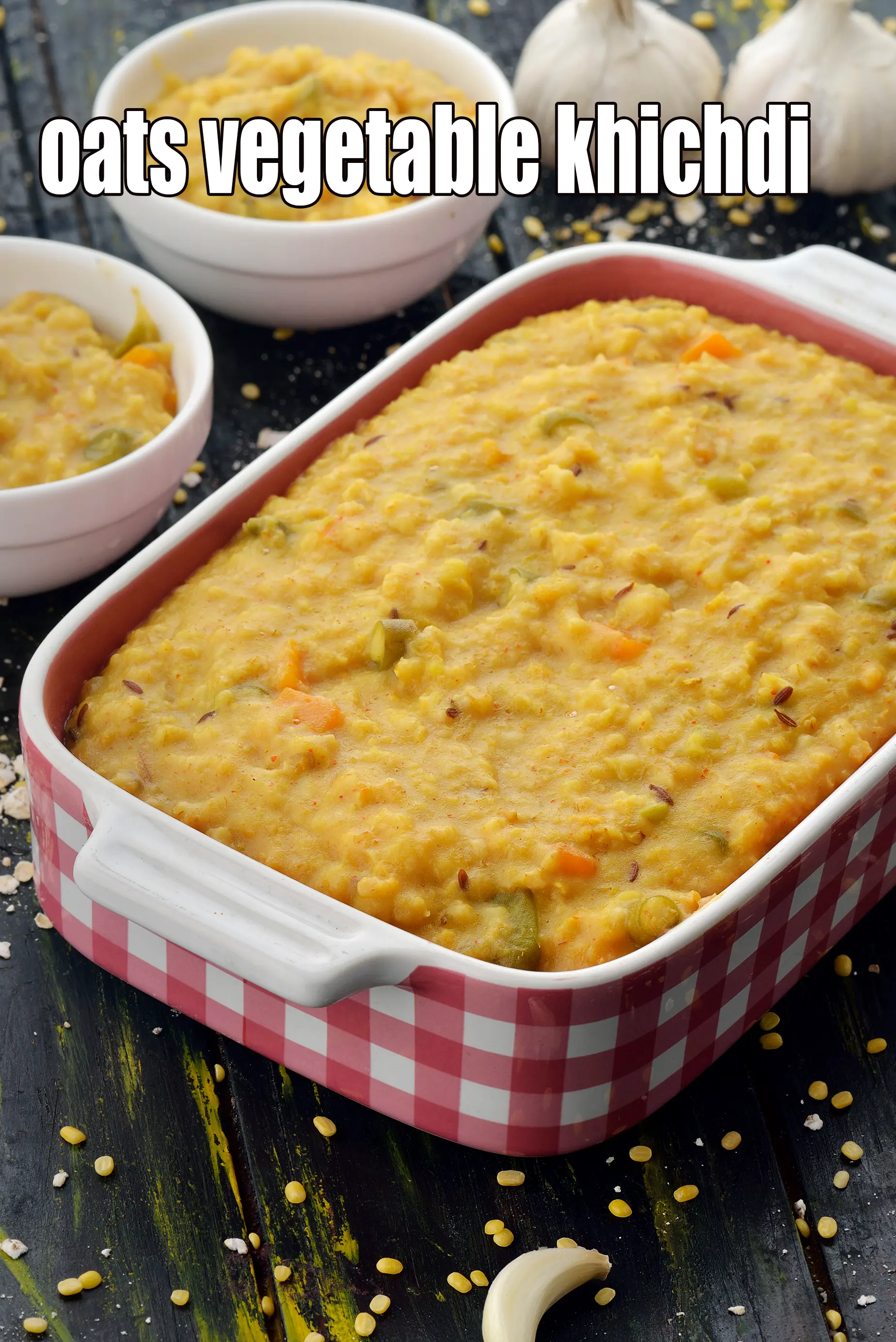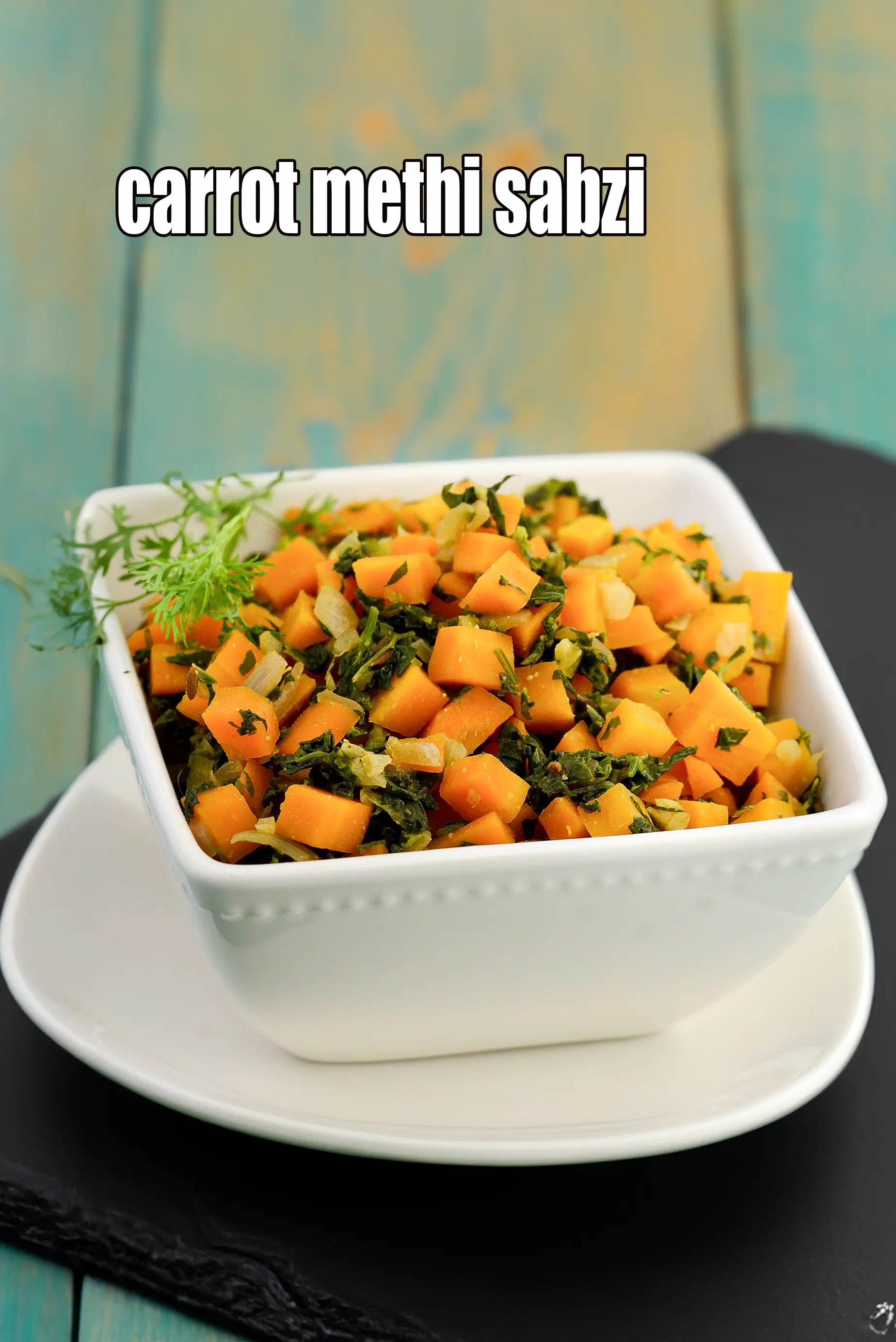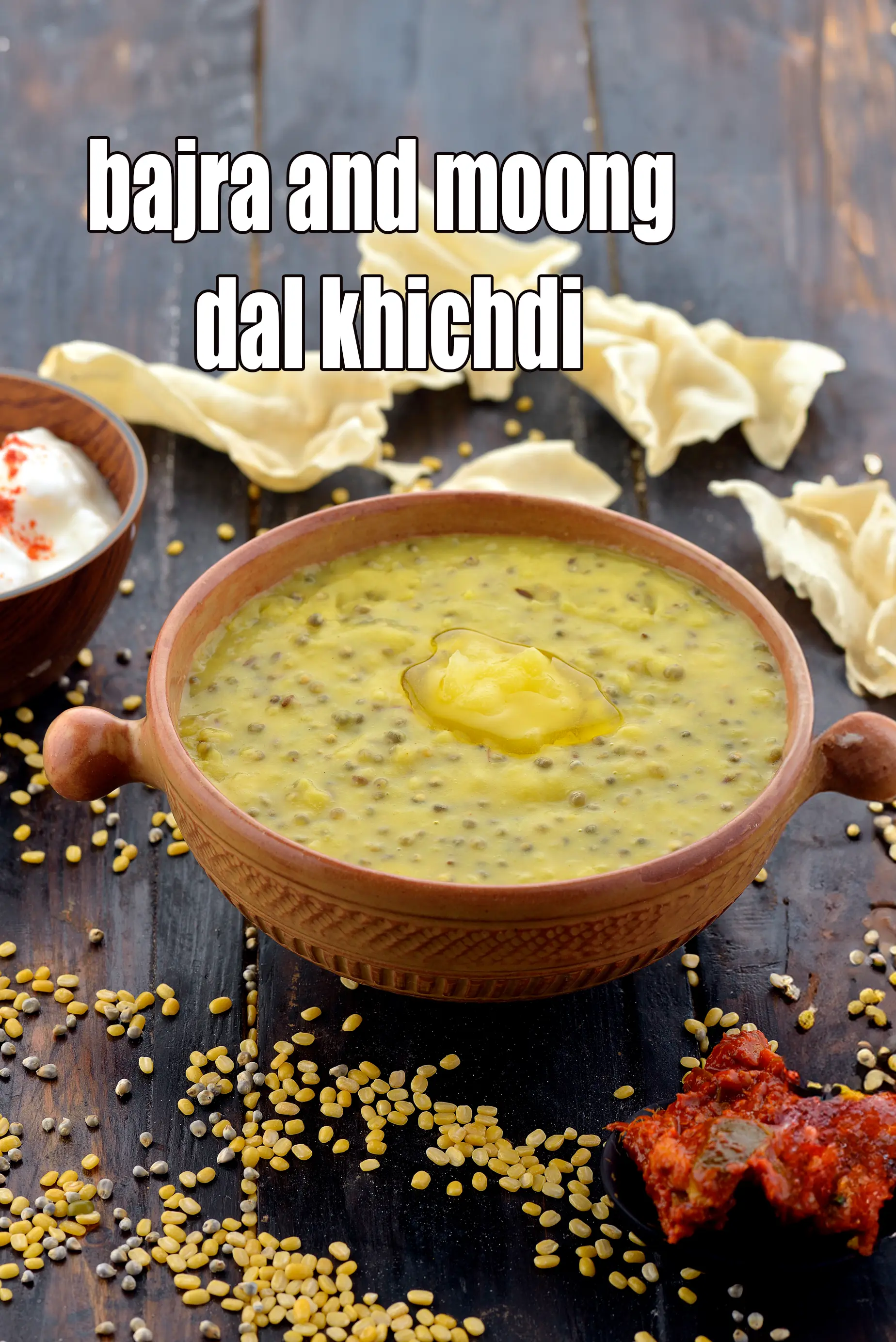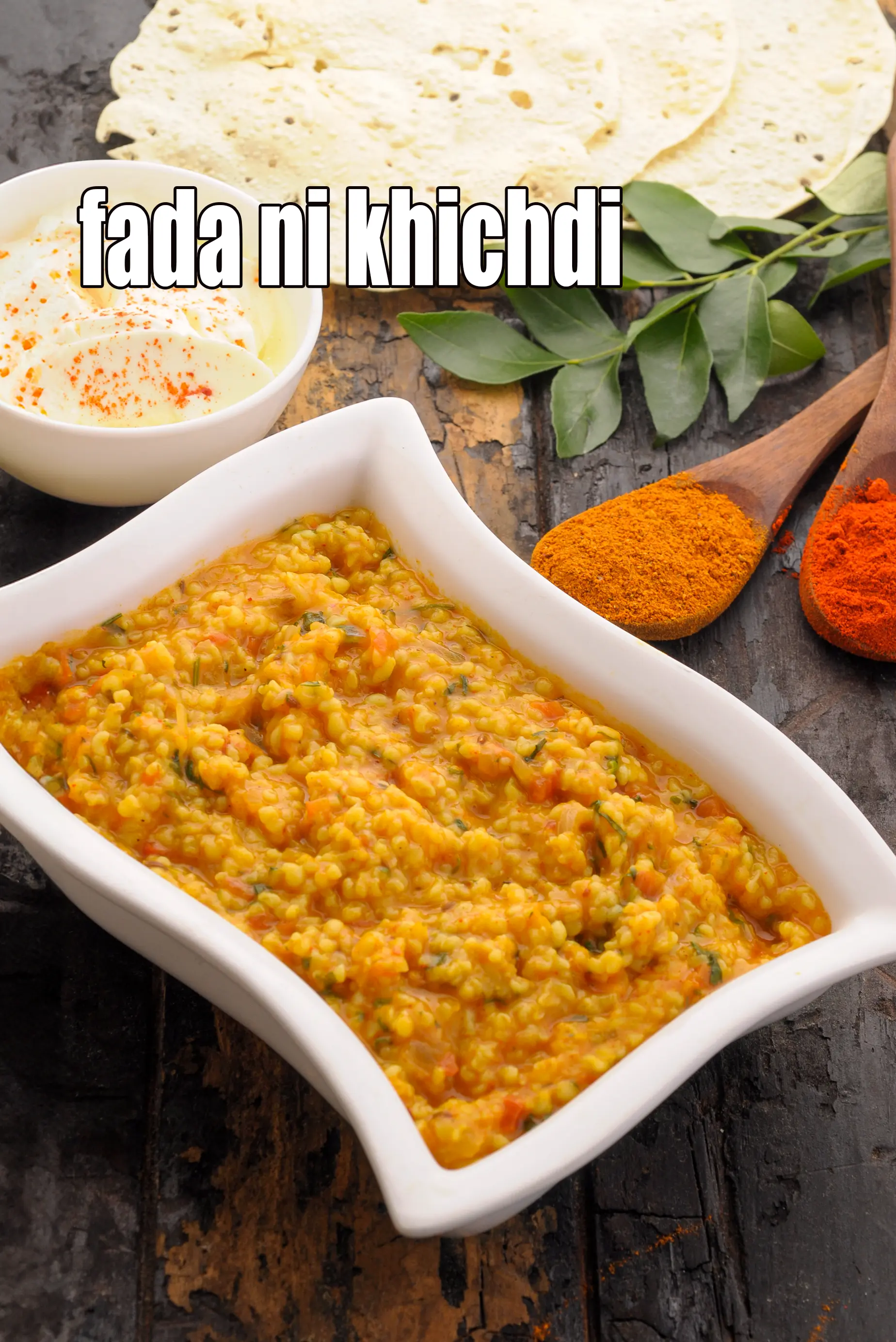Nutritional Facts of Soya Mutter Keema, Calories in Soya Mutter Keema
This calorie page has been viewed 6240 times
Course
Healthy Indian Recipes
Table of Content
How many calories does one serving of Soya Mutter Keema have?
One serving (130 grams) of Soya Mutter Keema gives 186 calories. Out of which carbohydrates comprise 33 calories, proteins account for 31 calories and remaining calories come from fat which is 122 calories. One serving of Soya Mutter Keema provides about 9 percent of the total daily calorie requirement of a standard adult diet of 2,000 calories.
186 calories for 1 serving of Soya Mutter Keema, Cholesterol 10 mg, Carbohydrates 8.2g, Protein 7.6g, Fat 13.6g. Find how much fibre, iron, calcium, zinc, magnesium, phosphorus, sodium, potassium, folic acid is present in Soya Mutter Keema.
See soya mutter keema recipe | veg soya keema masala | soya keema masala |
veg soya keema masala is a healthy and delicious vegetarian keema dish made with soya chunks or soya granules with green peas and some Indian traditional spices. This easy to make recipe can be packed for lunch.
Keema pav is popularly served in Parsi cafes as a breakfast. This recipe is the veg version of keema pav made using soya granules. This soya mutter keemais very delicious, succulent and juicy. It makes a great side dish and goes well with both roti and rice.
Tips to make soya mutter keema: 1. If you do not have soya granules then just coarsely grind the soaked soya chunks. 2. Instead of oil you can cook this keema by using ghee in the recipe. 3. You can also add dahi in the masala paste.
Is Soya Mutter Keema Healthy?
Yes, this is healthy but consitions apply.
Let's understand the Ingredients.
What's good.
benefits of soya granules, soya chunks.
- Soy granules are rich in vitamins, minerals, isoflavones and lecithin, nutrients proven to help lower cholesterol, prevent cancer and loss of bone mass.
- Soy is strongly recommended for diabetics, expectant mothers, growing children, cardiac patients, weight-watchers and the aged.
- A 100 per cent vegetarian high quality protein source that does wonders for young and old.
- Especially great for growing children, as it provides critical vitamins, minerals, fibre and protein.
- Eating more high-fiber foods like fruits, vegetables, whole grains and soy nuggets helps to lose weight.
- Soy granules are one of the best non-fish sources of essential omega-3 fatty acids, which may help reduce the risk of coronary heart disease.
- Soy protein may provide positive results for people with high blood pressure.
- Soy protein is beneficial to women in post-menopausal years.
- Soy is low in fat and sodium, and may help reduce the risk of heart disease.
Green Peas : Green peas are good for weight loss, good source of vegetarian protein, has insoluble fibre to relieve constipation. Legumes like green peas, cow peas, mung, chick peas and kidney beans have a cholesterol lowering effect. Green Peas are rich in Vitamin K which aids in bone metabolism. Green peas have a Glycemic Index (GI) rank of 22 which is low and good for diabetics. Is green peas good for diabetics and see full benefits of green peas.
Tomatoes ( Cherry tomatoes, Yellow tomatoes ) : Tomatoes are extremely rich source of Lycopene. Tomatoes are a powerful antioxidant, super rich in Vitamin C, good for heart. Tomatoes are a Pregnant women's friend and are rich in Folate or Folic Acid which helps your body to produce and maintain new cells, especially red blood cells. Read about 13 amazing benefits of tomatoes.
Ghee : Other than calories and fats, the only nutrients that ghee is rich in are the vitamins – all of which are fat-soluble. All the 3 vitamins (Vitamin A, Vitamin E and Vitamin K) are antioxidants which have a role in removing free radicals from the body and protecting our cell as well as help in maintaining skin health and glow. Ghee is an excellent, high-quality selection medium of cooking because of its high smoke point. As compared to most oils and butter, ghee can handle a smoke point of 230°C, 450°F, thus its less prone to oxidant and destruction of nutrients. Yes, ghee does contain cholesterol, but some amount of cholesterol is needed by the body. Cholesterol has some functions to play too. It is necessary for hormone production, brain function, cell health and lubricating the joints. It is, in reality, a high quality fat for the body and brain. Ghee is loaded with fats but that’s medium chain fatty acids (MCT) which aid in weight loss. Ghee is healthy for daibetics in small amounts. Learn to easily make your ghee at home which is free of preservatives. See benefits of ghee.
What's the problem?
Deep fried foods : Borwn onions paste is deep fried. Any food that is deep fried is not suitable for healthy living. Your fat levels increase as deep frying increases oil absorption. Also when you use the same oil again for deep frying then smoking point decreases which leads to the development of blue smoke which is not good for health. Processed food, Deep Fried Foods also increases inflammation in the body and shuts down the fat burning process. Most diseases from heart, to cardio vascular, diabetes, parkinsons, alzheimer, cancer and obesity result when the cells get inflamed and then they don't function correctly. Inflammation in the arteries can cause heart attacks. So your diet should contain foods that fight inflammation in the body. That's how your body gets healthier by eating the right stuff. NOTE. 5 gm per big puri (45 calories of unhealthy fat) or samosa of oil is consumed on deep frying. 2.5 g per small one.
Can diabetics, heart patients and over weight individuals have Soya Mutter Keema?
Yes, this recipe is healthy, but conditions apply.
3 points to note for diabetics, heart patients and over weight individuals.
- Use ghee in the recipe and reduce the amount used as this has lots of healthy fat.
- Soy is strongly recommended for diabetics, expectant mothers, growing children, cardiac patients, weight-watchers and the aged.
- Drop the brown onion paste as just use onions as the paste is fried.
Soya Mutter Keema is rich in below macronutrients, vitamins and minerals given in descending order (highest to lowest).
- Vitamin C : Vitamin C is a great defence against coughs and colds. Have citrus fruits, lemons, vegetables ( capsicum, broccoli, cabbage). 40% of RDA.
- Phosphorus : Phosphorus works closely with calcium to build bones. 22% of RDA.
- Fiber : Dietary fiber reduce the risk of heart disease, prevent the spike in blood sugar levels and hence super for diabetics. Consume more fruits, vegetables, moong, oats, matki, whole grains. 20% of RDA.
- Vitamin B1 (Thiamine) : Vitamin B1 protects nerves, helps in carbohydrate metabolism, prevents heart diseases and helps produce red blood cells. 20% of RDA.
- Protein : Protein is required for the managing the wear and tear of all cells of the body. Have protein rich Indian foods like paneer, curd, Greek yoghurt, tofu, almonds, sprouts, chana, rajma, chick peas, quinoa, buckwheat ). 14% of RDA.
| Energy | 186 cal |
| Protein | 7.6 g |
| Carbohydrates | 8.2 g |
| Fiber | 5.1 g |
| Fat | 13.6 g |
| Cholesterol | 10 mg |
| Vitamin A | 472.3 mcg |
| Vitamin B1 | 0.2 mg |
| Vitamin B2 | 0.1 mg |
| Vitamin B3 | 0.8 mg |
| Vitamin C | 16 mg |
| Folic Acid | 28.6 mcg |
| Calcium | 64.7 mg |
| Iron | 2 mg |
| Magnesium | 36.9 mg |
| Phosphorus | 131.8 mg |
| Sodium | 40.5 mg |
| Potassium | 345.3 mg |
| Zinc | 0.6 mg |
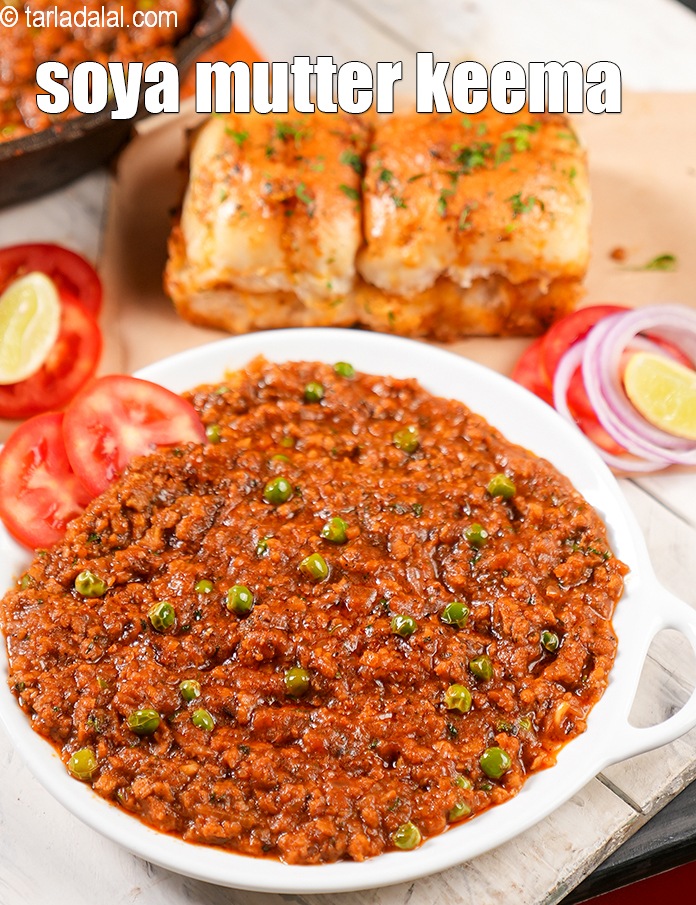
Click here to view Soya Mutter Keema
Calories in other related recipes

